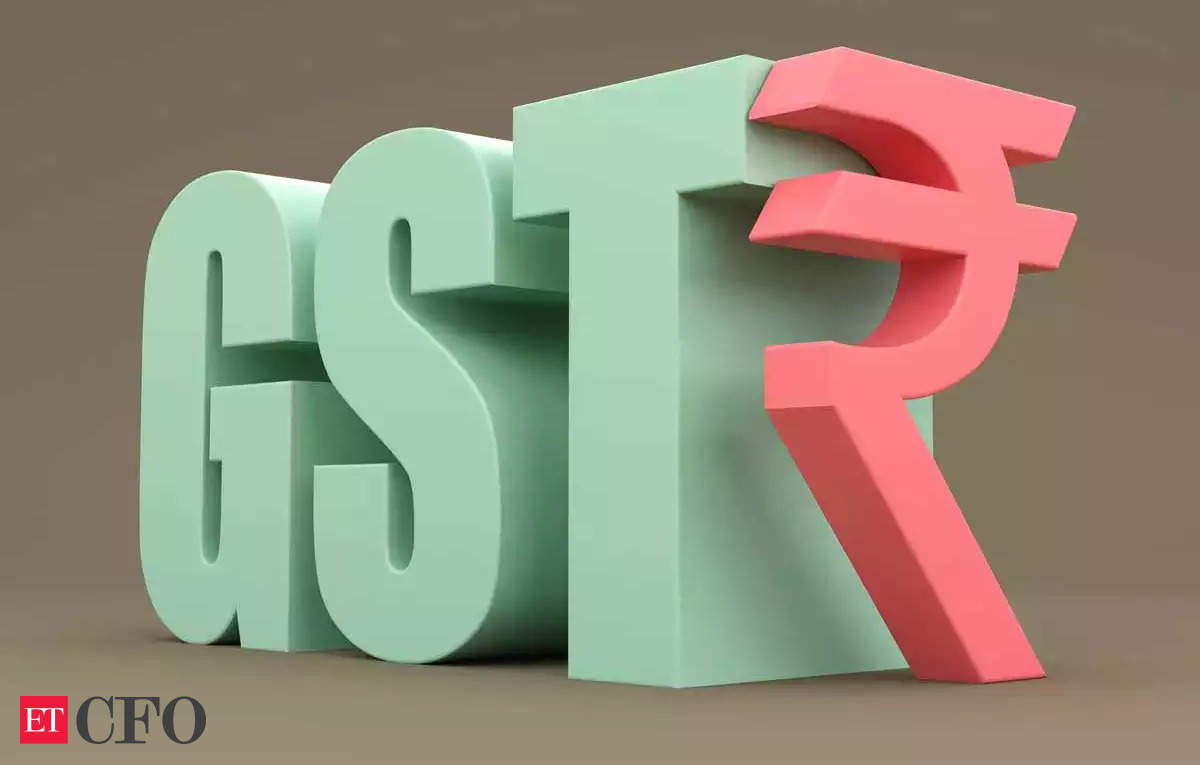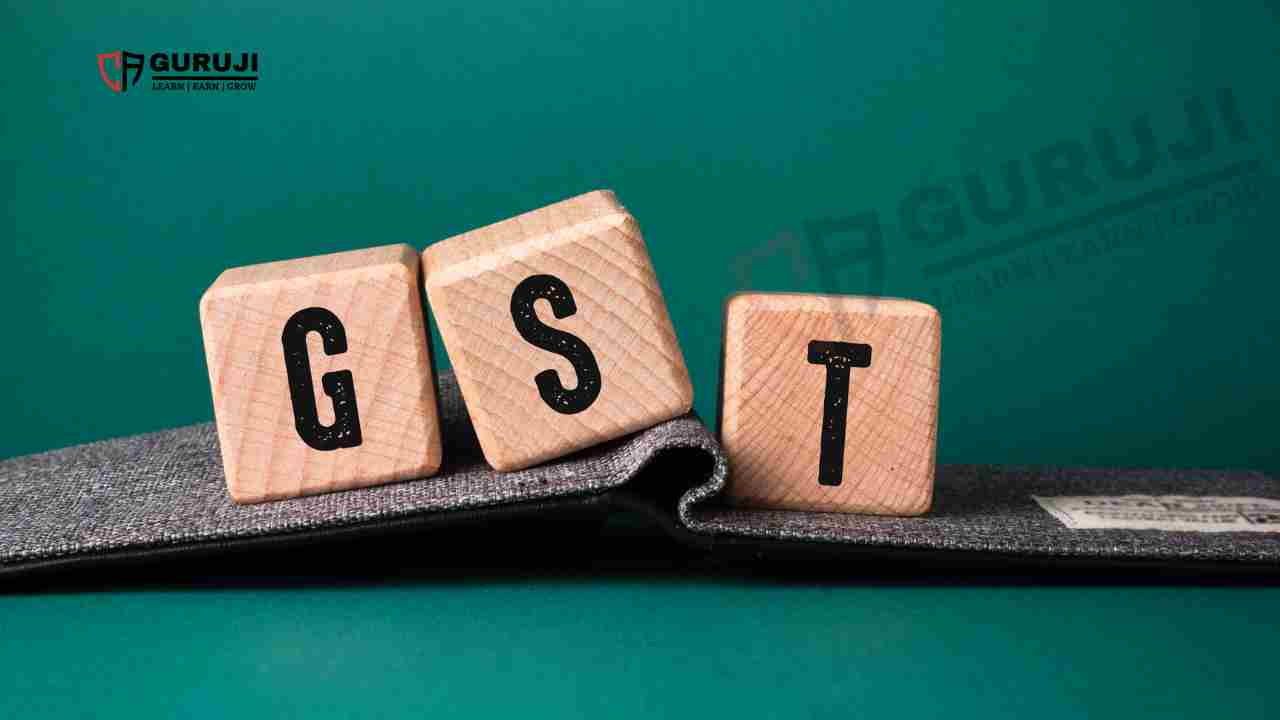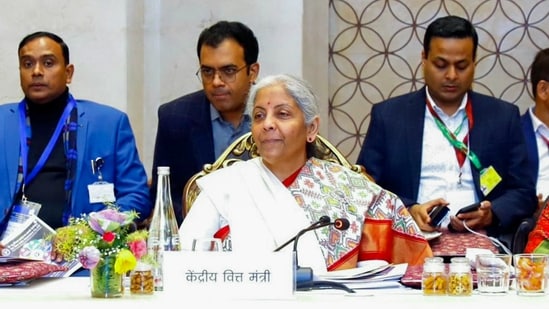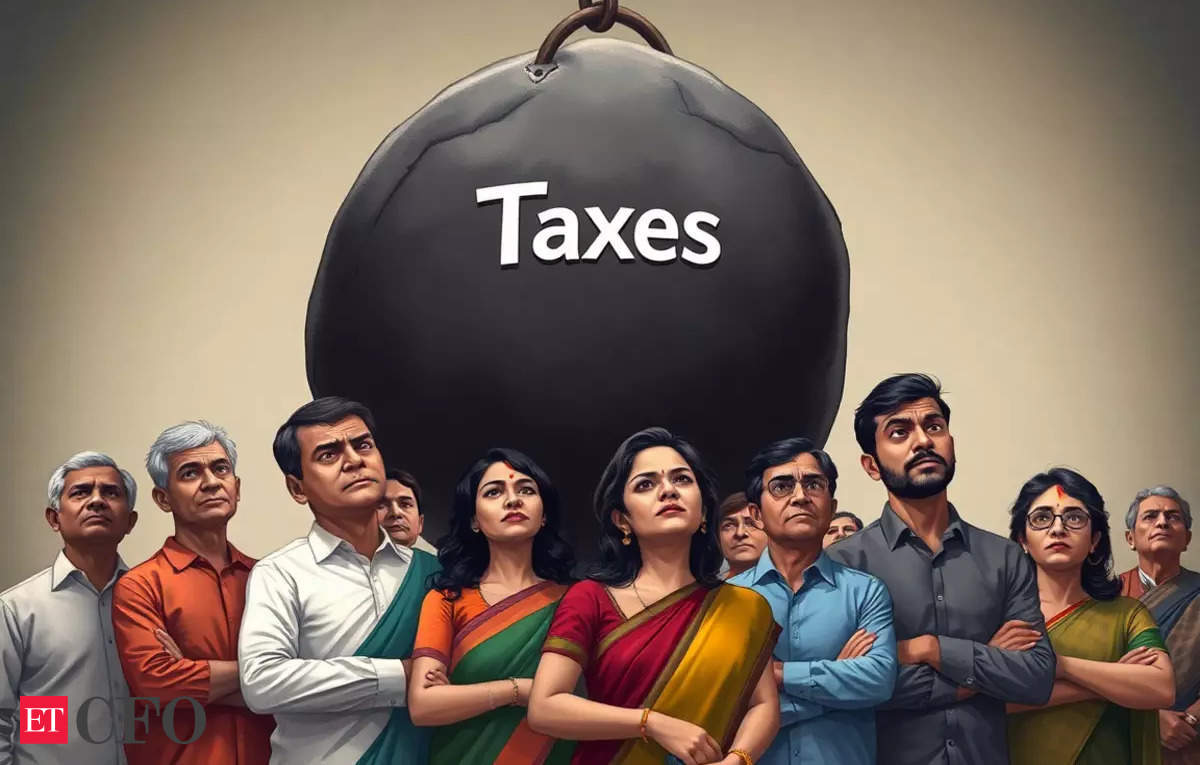The income tax laws have been revised by the Central Board of Direct Taxes (CBDT) to allow a different person to claim credit for TCS (tax collected at source) instead of the individual who made the payment when incurring specific expenses. This amendment aims to assist taxpayers in reducing their income tax liability by allowing them to claim the credit, rather than the person who originally paid the money, for the income to which it is attributed.
The CBDT made this amendment via a notification dated October 16, 2024. The notification states, “Where under any provisions of the Act, the income of the collectee is assessable in the hands of any person other than the collectee, the credit for the tax collected at source, shall be given to such other person and not to the collectee.”
As per the PIB press release dated October 17, 2024, “Sub-section (4) of Section 206C of the Act was amended vide FA (No. 2) to allow the credit of TCS to a person other than the collectee—such as a parent in the case of a minor collectee—when the minor’s income is clubbed with that of the parent. Accordingly Vide CBDT Notification No. 114/2024 dated 16.10.2024 Rule 37-I of the Rules has been amended to allow credit of tax collected at Source to a person other than the collectee, in whose hands the income of the collectee is assessable.”
“The amendment in the income tax laws will help the individual to give the person to whom credit for the tax collectible at source is to be given, amount of payment in relation to which credit is to be given and reasons for giving credit to such person claim the TCS tax credit. Further, this will help avoid the hassle of filing ITR to claim an income tax refund for the assessee who does not have taxable income.”
Here is an example of how the new income tax amendment will help individual taxpayers. Suppose an individual taxpayer sends his dependent daughter for foreign education. As per the income tax laws, the TCS will be applicable if the foreign remittance exceeds Rs 7 lakh. The 5% TCS will be applicable as the individual is paying the money. Earlier, while getting the Indian rupee transferred to foreign currency to pay for foreign university fees, the TCS certificate would have been issued in the daughter’s name. The new income tax amendment will allow the bank to issue the TCS certificate in the name of the individual instead of the daughter. This will enable the individual to claim TCS credit and lower tax liability or even to claim income tax refund while filing their income tax return.
How other person can claim TCS credit
The notification has specified the mechanism via which the TCS credit can be transferred from the collectee to the other person to claim TCS credit.
As per the CBDT notification, the collectee (the one paying the TCS) is required to submit the declaration to the collector (bank or other institution collecting the tax), specifying that the TCS must be credited to another person’s PAN.
The declaration must mention the name, address, PAN of the person to whom credit for the TCS is to be given, amount of payment in relation to which credit is to be given and reasons for giving credit to such person, as per the notification.
“Once the collectee has submitted the declaration, another individual must collect Form 27D (TCS certificate) from the collector to ensure that TCS credit has been done against the other person’s PAN. Further, they must check their Form 26AS and Annual Information Statement to verify the Form 27D amount against their PAN.”
When is TCS collected under income tax laws?
TCS, or tax collected at source, occurs when an individual makes a significant purchase. The collection of TCS helps the government verify that individuals have enough income to make such significant purchases and ensures that there is no tax evasion.
Currently, the TCS is applicable on buying a car of more than Rs 10 lakh, foreign travel exceeding Rs 7 lakh, foreign education exceeding Rs 7 lakh, medical treatment abroad exceeding Rs 7 lakh, or any other foreign remittance (such as buying equity shares or house in abroad) exceeding Rs 7 lakh in a financial year.
Visit www.cagurujiclasses.com for practical courses










